Project explores upcycling of marine plastic used in fisheries and aquaculture sectors
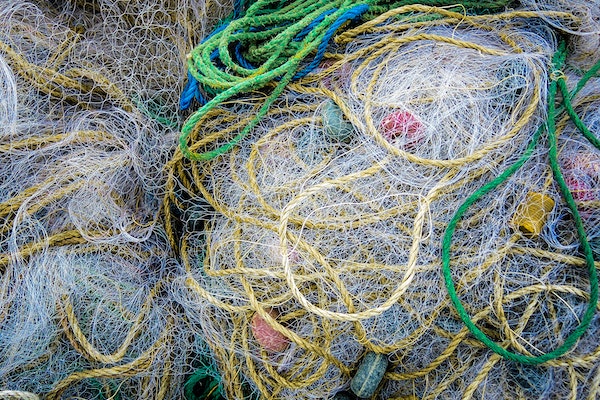
A research project is investigating how marine plastic used in fisheries and aquaculture can be recycled and made into new products. Called SHIFT-PLASTICS, one of Europe’s largest independent research organizations, SINTEF, and the Western Norway Research Institute (WNRI) are collaborating to investigate the technical challenges and opportunities linked to the recycling issue.
“This is quite an ambitious project that aims to identify new holistic solutions that can contribute towards introducing the circular use of products used in the fisheries and aquaculture sectors,” said Hans Jacob Walnum, project manager at WNRI. “This includes everything from new technologies to recommendations for life cycle analyses, policy design, and not least, how new industries might be established as a result.”
Currently, most plastic waste in the ocean is derived from the fisheries and aquaculture sectors, which are major users of plastic. The plastic fishing gear used in these sectors may contain any one of several components and chemicals: rope may be made of plastic incorporating metal wire and plastic nets impregnated with copper to prevent fouling. Other equipment may contain lead to keep it stable below the water surface. Such equipment makes the recycling of plastic waste from the fisheries and aquaculture sectors a complicated process.
A key aspect of the project is to identify a best practice for the recovery and circular use of marine plastic waste. A diverse team of research scientists will investigate the chemical composition of plastic waste, possible approaches to waste collection and sorting and find out which among all these components can be converted into high-quality products by means of recycling.
Another key task will be to find out whether biodegradable plastics can be used in what is termed problematic fishing gear – defined as gear that may result in the continuation of fishing (ghost fishing) for periods long after it has been removed.
“With the exception of fishing nets and crab pots made of biodegradable materials, no research of this type has been carried out on fisheries and aquaculture gear before,” said Christian Karl, a research scientist at SINTEF who is leading the part of the project that deals with materials analysis and the evaluation of recycling opportunities.
A total of seven research partners are involved in the project, offering expertise in technology, politics and circular value chains, as well as 20 industrial partners and public sector agencies. The project was launched early in 2021 and will continue until the middle of 2025, operating with a budget of NOK 16.2 million (USD $1.6 million).
Follow the Advocate on Twitter @GSA_Advocate
Now that you've reached the end of the article ...
… please consider supporting GSA’s mission to advance responsible seafood practices through education, advocacy and third-party assurances. The Advocate aims to document the evolution of responsible seafood practices and share the expansive knowledge of our vast network of contributors.
By becoming a Global Seafood Alliance member, you’re ensuring that all of the pre-competitive work we do through member benefits, resources and events can continue. Individual membership costs just $50 a year.
Not a GSA member? Join us.
Author
Tagged With
Related Posts
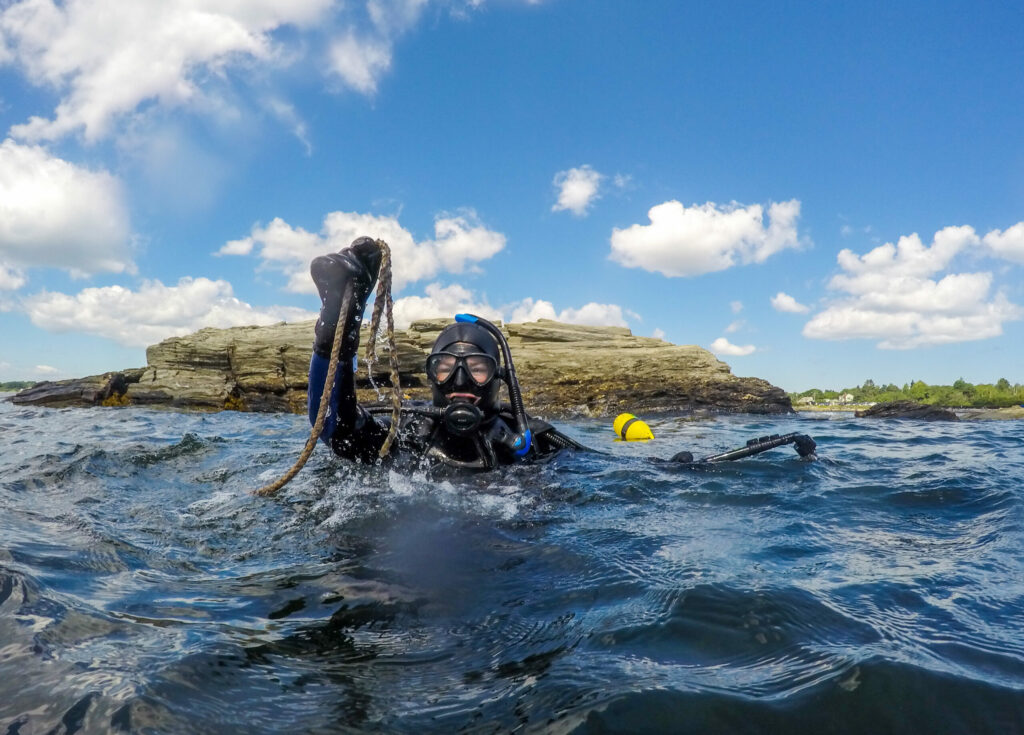
Fisheries
The hidden cost of ghost gear lost by fishing and aquaculture
Abandoned, lost or discarded fishing gear can inflict damage on marine life and the ocean, but what's the economic cost of ghost gear?
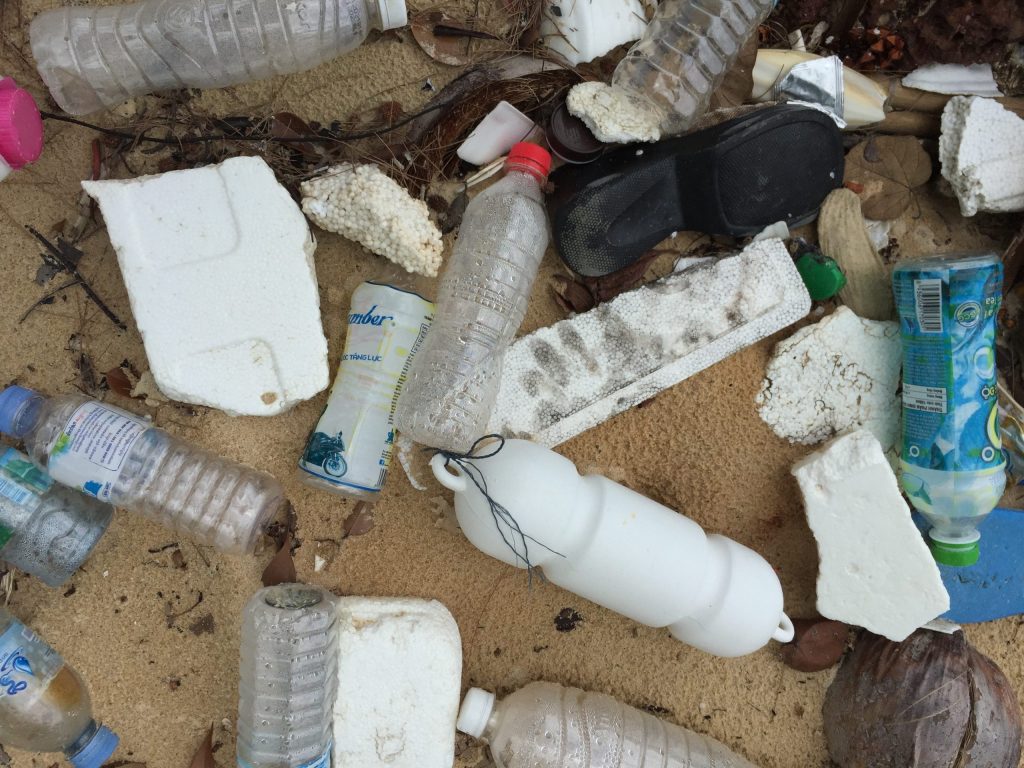
Responsibility
Expanded polystyrene is a ‘waste nightmare’ but could non-EPS seafood packaging reduce ocean pollution?
Expanded polystyrene is common in seafood packaging, but threatens marine life and human health as ocean pollution. A growing number of alternatives are emerging.
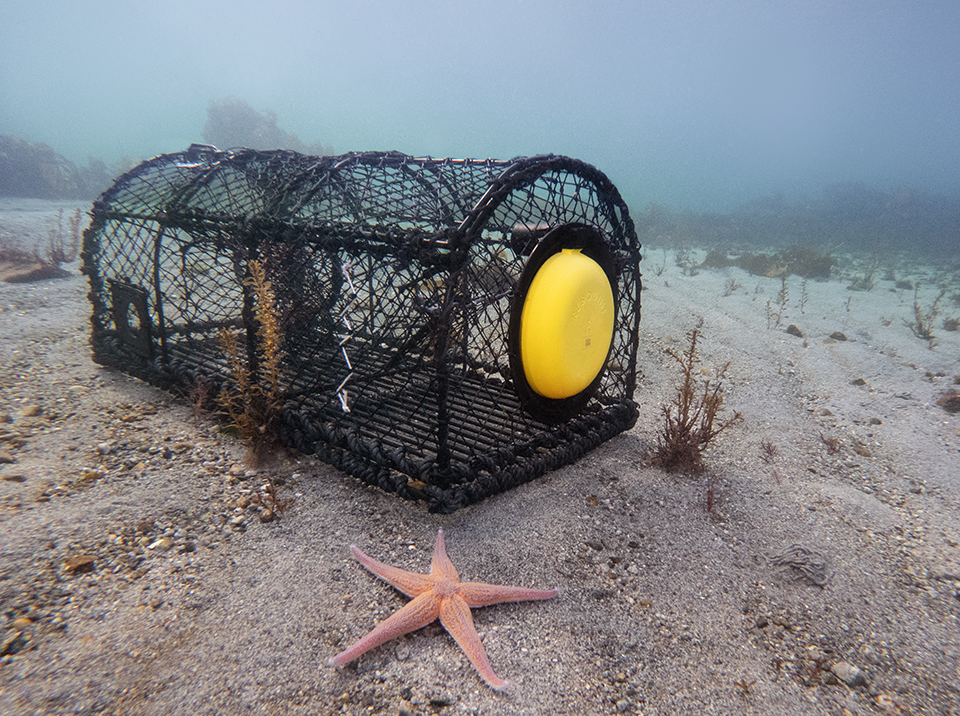
Fisheries
From reporting apps to floating traps: How technology tackles ghost fishing
The global ghost fishing problem has negative environmental and economic impacts, but new technology could help locate and retrieve lost fishing gear.
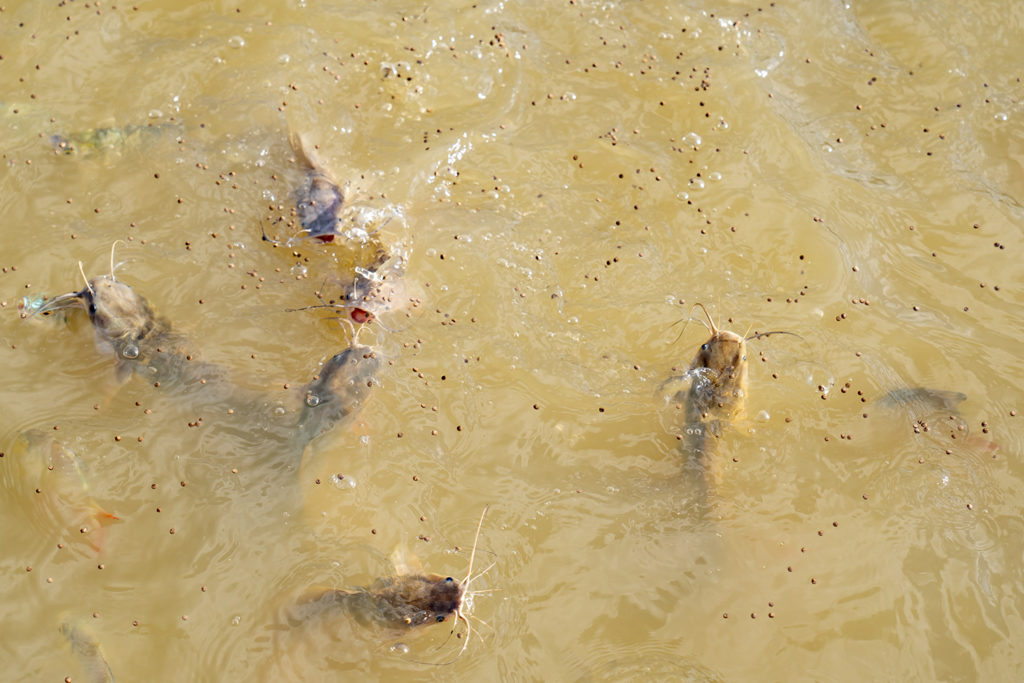
Aquafeeds
‘We will very likely find it’: Microplastics warning sounded for aquafeeds
The warning about microplastics pollution is finding its way to aquaculture, as a new study finds contaminated samples of fishmeal, a prominent aquafeeds ingredient.



